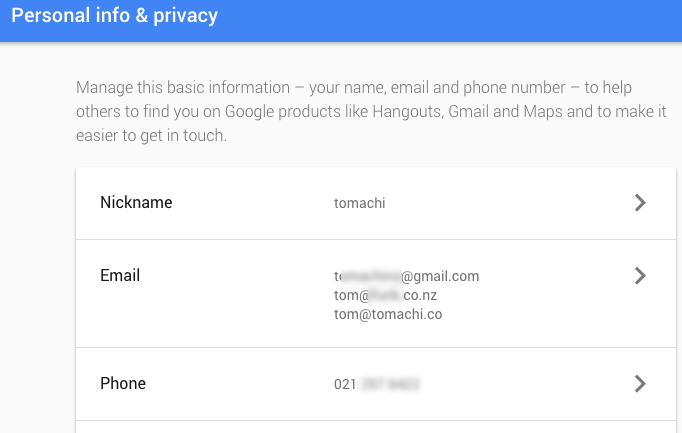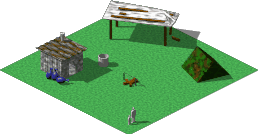
The Revolution will not be televised… there will be an App for that!![]()
As far as I know, “communes” are probably extremely rare. I estimate around only 5 created per year annual, nationwide. I’m referring to the establishment of cross-lease unit titles that incl eg 99 year leasehold interests + optional part ownership of business there. I’d like to create a startup – call it The Revolution – which is an app that ultimately:
- A) Be legal conveyance and potentially co-founder investor for the planning and social networking of contracts/agreements/constitution of owner operated communes; prior to that it is also
- B) ENABLE FRIENDS TO SOCIALLY “CONNECT” THEIR BANKS forming a larger unified deposit via social network and interactive app to template “the” commune (title, motto, description, modus operandi*, strategy, ethics, culture, rules) also a 3D property designer users can design with point and click their cross-leases. You can be invited by a friend to their (dream) commune or Yoga centre w/ accommodation and farm; or make your own Mad Max place with loud music and invite your buddies, also, search for public listings or list your commune: for example a very noisey and oily “Wayne’s World Demolition Derby & Speedway” or something more relig”Gaia Peaceful Cottage Farm”) (it will continuously search for large land parcels long-term eg 2 years which they save deposit) finally
- C) an MVP app: minimum viable product that totals up the groups savings via NZ banking API integration that groups can use to enable read-only access to a nominated savings account, which is use to establish group saving history + 5 year projections in order to help get mortgage / business loan for the development; as well as instantly flag members who withdraw from their savings by messaging other members and re-calculating the 5 year projection.
- D) long term it could also run the body-corporate, organise property maintenance, manage shareholding voting and annual reports, AGMs, determine stock dilution ratios (how much to exploit people who join later versus the initial founders or whether to be quite flat rate of (voting stock) depreciation; enable payment of workers in stock; enable people to “work to own”; include investor-only titles which do not include a lease-hold.
- E) calculate the % splits owners receive upon sale / liquidation of the title; account for exactly the correct amounts of investment via banking API, taking into account compounding interest and timing of payments.
- F) Inspired by DAO digital autonomous organisations, it would enable voting on termination, proposals, setting of a quorum (minimum turnout to pass), whether to enthrone a BDFL (benevolent dictator for life) by setting a minimum of unanimous – 1 to sack the directory; settings like or majority rule.
- GENERATES
-

- G) AUTOMATIC TERMINATION CLAUSE GENERATION. For groups who opt to create a unitDuring per-purchase phase, in response to preposterous proposals anyone deems to be of such grave negativity to the group if approved may click a button to “rage quit” a feature inspired by the Maker DAO. The feature turns into a pressure release valve if two or more also rage quit, the effect is to cancel the proposal currently under vote deadline. By cancelling proposals that trigger revolts protects the commune from collapse by rolling back (undoing or dismissing) terrible funding proposals may have accidentally passed quorum if set too low. Termination is only required for cross-lease communes whereas apartments built as freehold unit titles do not require a termination clause.
*
In Latin a modus operandi (noun) refers to the subject’s ‘mode of operating’ or his habits of working, particularly in the context of business, politics, and crime.
Kaupapa Driven Revolution
This startup idea is therefore a legal structure, a social network, and financial software product. Kaupapa is a (noun) meaning:
a level surface, floor, stage, platform, layer;
Kaupapa Revolution means to be a way to facilitate your part ownership in a commune’s: topic, plan, purpose, scheme, proposal, and community initiative. 
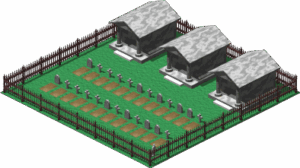
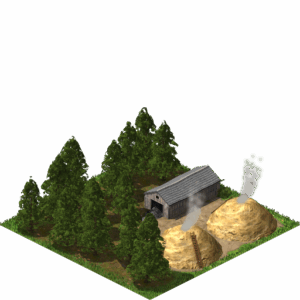
asdf
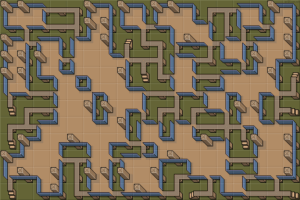
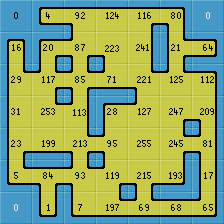
Cross lease legislation in New Zealand primarily involves the Land Transfer Act 2017 and the Resource Management Act 1991, which outline the rules for land ownership and subdivision, including cross leases. Cross-leases, a form of property ownership common in New Zealand, involve a shared ownership of the land (as tenants-in-common) with individual leases for each dwelling or flat. This setup can create complexities, particularly around obtaining consent for alterations and maintenance.
-
Maintenance Responsibilities:
- Resource Management Act 1991:
-
Land Transfer Act 2017:
-
Common Areas:
